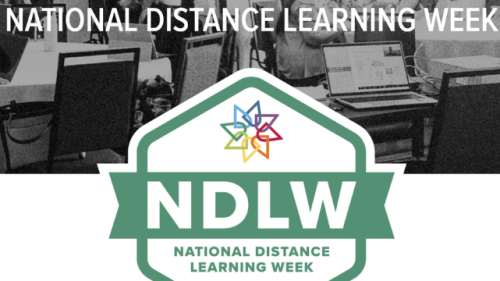If you’re researching either geographic information systems or geographic information science, it can sometimes be difficult to distinguish one from the other. Although geographic information science is often confused with geographic information systems, and the two terms are closely related, they are not perfectly interchangeable.1
Geographic information systems (often shortened to GIS) are methods of gathering, storing and analyzing geographic information about a particular geographic area using highly specialized technology. GIS professionals analyze the data gathered and stored using this technology.
Geographic information science, sometimes known as GIScience or GISc, can be thought of as the science behind the systems. The fields of geographic information systems and geographic information science work hand-in-hand to help professionals and organizations make sense of geographic data and put that data to use.
Geographic Information System (GIS): A Definition
A geographic information system is a system that stores geographic data.2 In today’s modern world, we are able to gather massive quantities of data about nearly anything, but we need systems and technology to make sense of that data. In the case of geographic data, this technology is often used to allow us to visualize the data in a form that people can more readily understand.1 The most obvious form of this is for mapping purposes, but the value of GIS goes far beyond simply making better maps.
What Fields Use Geographic Information Systems?
GIS allows governments and individuals to look at the world from a geospatial perspective, which has relevance in areas as varied as climate change, natural disasters, military and defense, agriculture, and public safety.1 Because of its varied uses, it’s no wonder that many GIS specialists and analysts work for the government at the local, state or federal level.
Many other fields, in both the public and private sectors, utilize geographic information systems.3 Some of those fields include:
- Cartography, creating maps of many kinds — from simple topographic maps to interactive digital maps that use analytical processing to convey different information about an area
- Global Positioning Systems (GPS), using geodetic science and GIS to more accurately determine a precise location on Earth using satellites
- Landscape Architecture, to help landscape architects better understand the job sites where they will be working, including ecological, physical and social characteristics of those areas
- Real Estate, using engineering and land surveying to determine the physical boundaries of a land area or parcel
These are just a few of the different opportunities available to GIS and GISc professionals. GIS jobs can be found in many other industries as well, and the field of GISc continues to grow and evolve every year. Check out our visual overview of the GISc industry for more specific information on where GISc professionals work and what they do.
Many job postings in GIS/GISc are for GIS specialists and analysts, who use geographic information systems to understand different real-world situations. We’ve put together a detailed explanation of the GIS analyst career path so you can see whether becoming a GIS analyst is right for you. Do you enjoy tackling complex problems and finding clear ways to communicate complex solutions? If so, you might enjoy the challenge of being a GIS analyst.
Geographic scientists are another in-demand category of GISc professionals. These GISc specialists are more focused on the science behind how geographic information systems work.4 They help develop the tools and systems that GIS analysts use every day.
Whether you’re interested in the geographic information science behind the systems or the geographic information systems themselves, you’ll gain an understanding of both in Kent State University’s online Master of Geographic Information Science (GISc) program. For working professionals who want to complete their education sooner and have a specific focus in mind, Kent State also offers two online postbaccalaureate certificates in GISc — the Environmental GISc, or a General GISc certificate with broad applicability.
Sources:
- Retrieved on January 9, 2020, from https://gisgeography.com/giscience-geographic-information-science/
- Retrieved on January 9, 2020, from https://researchguides.library.wisc.edu/GIS
- Retrieved on January 9, 2020, from https://www.ucgis.org/about-and-mission
- Retrieved on January 9, 2020, from https://www.techopedia.com/definition/1932/geographic-information-science-gisci






